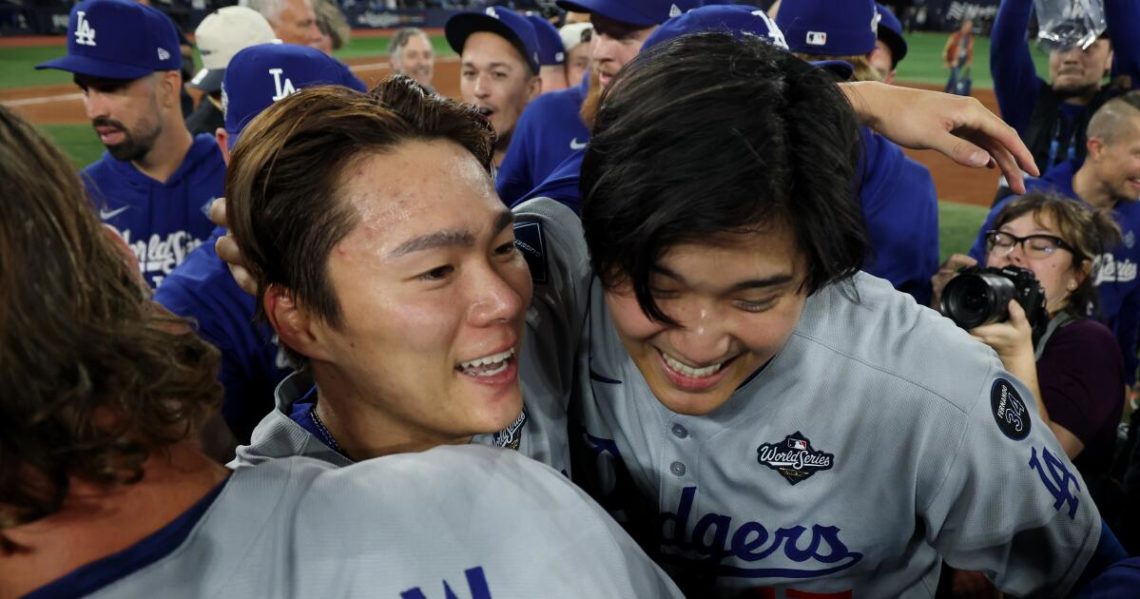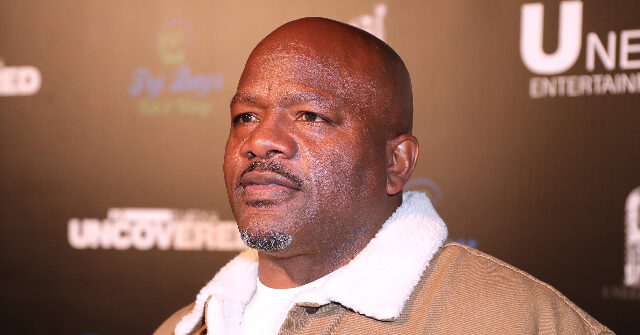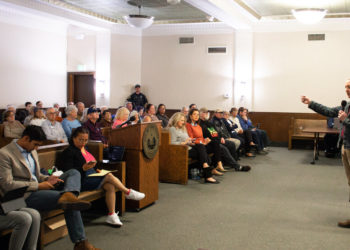TORONTO — Shortly after the Dodgers won Game 6 of the World Series, Yoshinobu Yamamoto approached his longtime personal trainer.
Lowering his head, Yamamoto said to Osamu Yada, “Thank you for everything this year.”
Yamamoto figured his season was over. He’d thrown 96 pitches over six innings, and he half-joked in the postgame news conference that he wanted to cheer on his team rather than pitch again the next day. Manager Dave Roberts had the same thought, saying Yamamoto would be the only pitcher unavailable in Game 7.
The trainer had other ideas.
“Let’s see if you can throw in the bullpen tomorrow,” Yada said.
By just being in the bullpen, Yada said, Yamamoto could provide the Dodgers a psychological edge over the Toronto Blue Jays.
“That’s how I got tricked,” Yamamoto said in Japanese with a laugh.
Yada’s guiding hand transformed Yamamoto into a legend on Saturday night.
Pitching the final 2 ⅔ innings of an 11-inning, championship-clinching 5-4 victory over the Toronto Blue Jays, Yamamoto won his third game of the World Series.
When he forced Alejando Kirk to ground into a game-ending double play, Yamamoto removed his cap and raised his arms toward the heavens. Catcher Will Smith rushed the mound and picked him up from the waist.
“I felt a joy I never felt before,” Yamamoto said.
Yamamoto pitched a complete game in Game 2. He pitched six more in Game 6. His contributions in Game 7 increased his series total to 17 ⅔ innings, over which he allowed only two runs.
The throwback performance earned him the series’ most valuable player award, as well as universal admiration.
“I really think he’s the No. 1 pitcher in the world,” Shohei Ohtani said in Japanese. “Everyone on the team thinks that, too.”
Freddie Freeman marveled at the workload shouldered by the 5-foot-10 Yamamoto, who was sidelined for three months last year with shoulder problems.
“I mean, he pitched last night, started,” Freeman said. “He threw the most innings out of our pitchers tonight.”
Freeman pointed out that in addition to pitching in three games, Yamamoto also warmed up to pitch in a fourth. Two days after his complete game in Game 2, he prepared in the bullpen to pitch a potential 19th inning in Game 3. The Dodgers won that game in the 18th inning.
“I’ve never seen anything like that,” Freeman said.
President of baseball operations Andrew Friedman said of Yamamoto’s Game 7 performance, “For him to have the same stuff that he had the night before is really the greatest accomplishment I’ve ever seen on a major league baseball field.”
Did Friedman think any other pitcher could have done what Yamamoto did in this series?
“No, I don’t,” Friedman said. “In fact, yesterday morning I didn’t necessarily think Yama could either.”
Friedman said he didn’t think much of it when he was notified after Game 6 that Yamamoto was receiving treatment from Yada at the team hotel with the intention of perhaps pitching in Game 7. Friedman was told the next morning that Yamamoto received another round of treatment.
The possibility of Yamamoto pitching in Game 7 became real to Friedman after he performed his trademark javelin-throwing routine and played catch at Rogers Centre. Yamamoto still wasn’t convinced.
“I didn’t think I would pitch,” Yamamoto said. “But I felt good when I practiced, and the next thing I knew, I was on the mound (in the game).”
Yamamoto’s interpreter, Yoshihiro Sonoda, was prepared.
The superstitious Sonoda wears the same pair of lucky underwear on days Yamamoto pitches. He wore the rabbit-themed boxers for Game 6. Sensing Yamamoto might pitch again, Sonoda wore the same boxers for Game 7.
“Just in case,” Sonoda admitted, “I didn’t wash them.”
Yamamoto had never pitched on consecutive days as a professional, in either the United States or Japan. When was called on to relieve Blake Snell in the ninth inning, he was uncertain of how he would perform.
Inheriting two baserunners from Snell with one out, Yamamoto loaded the bases by plunking Kirk. He forced Dalton Varsho to ground into a force out at home, only to throw a curveball to Ernie Clement that was driven to the wall in left field. Defensive replacement Andy Pages crashed into Kiké Hernández on the warning track but held on to the ball, preventing the Blue Jays from scoring the walk-off run.
Yamamoto pitched a 1-2-3 10th inning and went into the bottom of the 11th with a 5-4 lead, courtesy of a homer by Smith in the top of the inning.
Vladimir Guerrero Jr. started the inning by pulling a 96.9-mph fastball for a double and advanced to third base on a sacrifice bunt by Isiah Kiner-Falefa. Yamamoto walked Addison Barger to place runners on the corners, setting up the game-ending double play by Kirk.
“I really couldn’t believe it,” Yamamoto said. “I was so excited I couldn’t even recall what kind of pitch I threw at the end. When my teammates ran to me, I felt the greatest joy I’ve felt up to this point.”
Clayton Kershaw, whom Yamamoto wanted to send into retirement with another championship, embraced him harder than he’d ever embraced him. Roberts swallowed him an embrace.
Yamamoto was moved to tears.
Overwhelmed by the moment, Yamamoto didn’t sound as if he grasped the magnitude of what he’d just done. In time, he will.
On the night the Dodgers solidified their dynasty, Yamamoto made this World Series his.
The post Hernández: Yoshinobu Yamamoto’s remarkable World Series Game 7 became his playoff exclamation point appeared first on Los Angeles Times.




